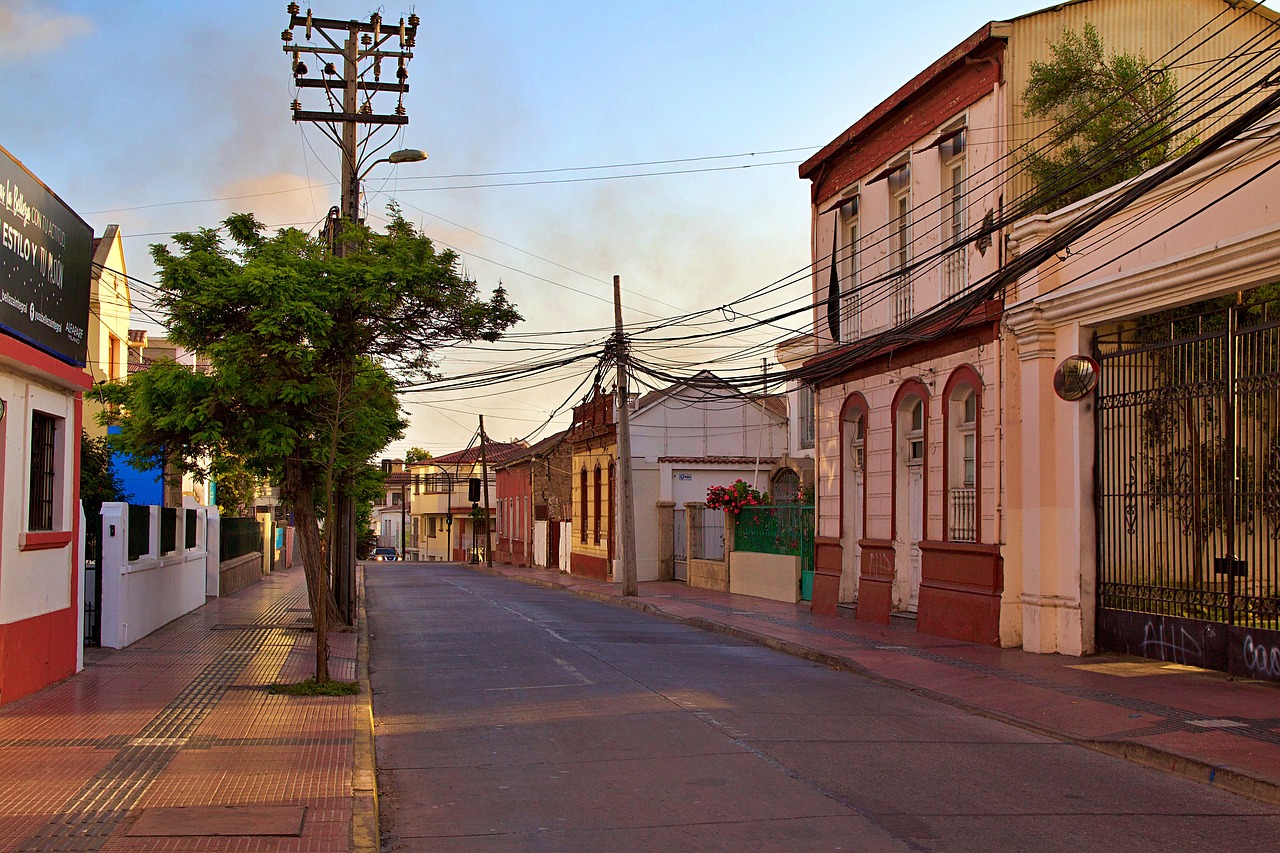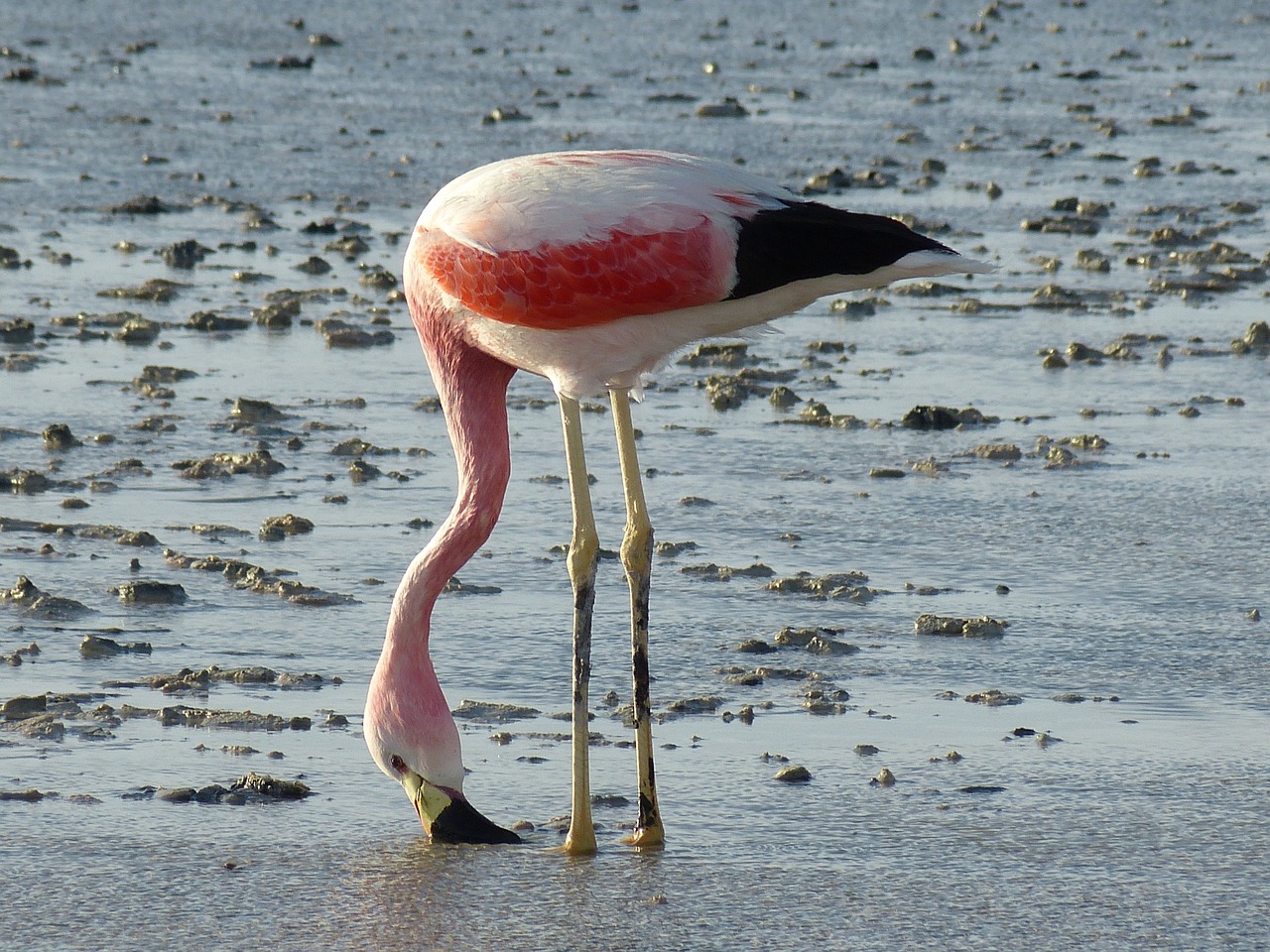Chile Video
Cultural Sensitivities: Understanding Local Norms in Chile
Chile, located on the western coast of South America, is a country known for its diverse landscapes, rich history, and vibrant culture. As a traveler, it is essential to understand and respect the local norms and cultural sensitivities in order to have a meaningful and respectful experience. This article aims to provide you with a comprehensive guide to understanding the cultural nuances and norms in Chile.
Section 1: Greetings and Personal Space
When interacting with people in Chile, greetings are an important aspect of the culture. Chileans generally greet with a handshake, and close friends or family members may exchange a kiss on the cheek. It is important to maintain eye contact during greetings and show genuine interest in the conversation. Personal space is valued in Chile, so it is advisable to maintain a comfortable distance while engaging in conversations.
- Handshakes: Handshakes are the most common form of greeting in Chile. It is important to have a firm handshake and maintain eye contact.
- Kissing on the cheek: Close friends and family members may greet each other with a kiss on the cheek. The number of kisses may vary depending on the region, but generally, one kiss is common.
- Respecting personal space: Chileans value personal space, so it is important to maintain an appropriate distance during conversations. Avoid standing too close or touching someone unless you have a close relationship.
Section 2: Punctuality and Time
Chileans place a high value on punctuality, and it is considered disrespectful to be late for social or business engagements. It is advisable to arrive on time or even a few minutes early when attending meetings, gatherings, or appointments. However, it is important to note that social events may have a more relaxed approach to punctuality compared to business settings.
- Punctuality: Being punctual is highly valued in Chile. It is important to arrive on time for social and business engagements.
- Relaxed approach to time: While punctuality is important, social events may have a more relaxed approach to time. It is not uncommon for social gatherings to start a bit later than the scheduled time.
- Respecting others’ time: It is important to respect others’ time and avoid causing delays. If you anticipate being late, it is courteous to inform the person or party in advance.
Section 3: Dining Etiquette
Chileans take pride in their cuisine and dining is often seen as a social activity. Understanding the dining etiquette can help you navigate through meals and enjoy the local gastronomy to the fullest.
Chile Image 1:

- Table manners: When dining in Chile, it is important to wait for the host to start eating before you begin. Keep your hands visible on the table, but avoid resting your elbows on it.
- Sharing food: Chileans often share dishes family-style, so it is common to pass plates around the table. It is polite to offer food to others before serving yourself.
- Toast and cheers: Chileans enjoy toasting and saying “salud” (cheers) before taking a sip of their drink. It is customary to maintain eye contact during a toast.
Section 4: Dress Code
In Chile, the dress code varies depending on the occasion and location. While casual attire is generally acceptable in most situations, it is advisable to dress more formally for business meetings or formal events.
- Casual attire: Casual attire is generally acceptable for everyday activities in Chile. Comfortable clothing, such as jeans and t-shirts, are commonly worn.
- Formal attire: Business meetings, formal events, or upscale restaurants may require more formal attire. Men usually wear suits, while women opt for dresses or formal pantsuits.
- Respecting religious sites: When visiting religious sites or churches, it is important to dress modestly and cover your shoulders and legs out of respect.
Section 5: Language and Communication
The official language of Chile is Spanish, and knowing a few basic phrases can greatly enhance your experience and interactions with locals. While some Chileans may speak English, particularly in tourist areas, it is always appreciated to make an effort to communicate in Spanish.
- Basic Spanish phrases: Learning a few basic Spanish phrases can be helpful in everyday interactions. Phrases such as “hola” (hello), “gracias” (thank you), and “por favor” (please) can go a long way.
- Polite communication: Chileans appreciate politeness and formal language, especially when interacting with strangers or in professional settings.
- Non-verbal communication: Non-verbal cues, such as nodding, smiling, and maintaining eye contact, are important in Chilean communication. They indicate attentiveness and interest.
Chile Image 2:

Section 6: Social Etiquette
Chileans value interpersonal relationships and social interactions. Understanding the social etiquette can help you navigate through social gatherings and build meaningful connections.
- Greetings and farewells: Chileans often greet with a handshake and say goodbye with a handshake as well. It is polite to greet each person individually when entering a social gathering.
- Respecting hierarchy: Chilean society has a hierarchical structure, and it is important to show respect to elders and individuals in positions of authority.
- Gift-giving: When invited to someone’s home, it is customary to bring a small gift, such as a bottle of wine or chocolates, as a token of appreciation.
Section 7: Religion and Traditions
Religion plays a significant role in Chilean culture, and Catholicism is the predominant religion. Understanding and respecting religious traditions can help you appreciate the local culture and customs.
- Catholic traditions: Catholic traditions, such as Easter processions and Christmas celebrations, are deeply rooted in Chilean culture. It is respectful to observe and participate in these traditions when appropriate.
- Religious sites: Chile is home to numerous beautiful churches and religious sites. When visiting these sites, it is important to dress modestly and behave respectfully.
- Religious holidays: Religious holidays, such as Good Friday and Christmas, are widely celebrated in Chile. It is advisable to be aware of these holidays and plan your visit accordingly.
Section 8: Social Issues and Sensitivities
Chile, like any other country, has its own social issues and sensitivities. Being aware of these topics can help you engage in conversations respectfully and avoid unintentionally causing offense.
- Pinochet dictatorship: The Pinochet dictatorship, which lasted from 1973 to 1990, is a sensitive topic in Chile. It is advisable to approach discussions about this period with sensitivity and respect.
- Indigenous communities: Chile is home to various indigenous communities, such as the Mapuche. It is important to respect their culture and traditions, and seek permission before taking photographs or participating in their rituals.
- Social inequality: Chile has a significant wealth gap, and discussions about social inequality should be approached with sensitivity and respect for differing perspectives.
Chile Image 3:

Section 9: Festivals and Celebrations
Chileans love to celebrate, and the country is known for its vibrant festivals and events throughout the year. Participating in these festivities can provide valuable insights into the local culture.
- Fiestas Patrias: Fiestas Patrias, or Chilean Independence Day, is one of the most important celebrations in Chile. It takes place on September 18th and includes traditional dances, music, and delicious food.
- Carnaval: Carnaval is a lively celebration held in various cities across Chile, featuring parades, costumes, and street parties. It usually takes place in February.
- Religious festivals: Chile also celebrates religious festivals, such as the Fiesta de la Virgen del Carmen in La Tirana. These festivals combine Catholic traditions with vibrant cultural performances.
Section 10: Nature and Outdoor Etiquette
Chile’s natural beauty is unparalleled, and respecting the environment and outdoor spaces is crucial to preserving its pristine landscapes.
- Leave no trace: When visiting national parks, beaches, or other natural areas, it is important to leave no trace behind. Dispose of trash properly and respect wildlife and vegetation.
- Hiking and trekking: If you plan to go hiking or trekking, it is advisable to follow designated trails, respect private property, and obtain any necessary permits.
- Respecting indigenous lands: Some natural areas in Chile are located on indigenous lands. It is essential to obtain permission and respect any guidelines or restrictions set by the local communities.
Section 11: Public Transportation
Public transportation in Chile is generally reliable and efficient. Understanding the norms and etiquette can help you navigate through the various transportation options available.
- Metro and buses: The metro and buses are the primary modes of public transportation in major cities like Santiago. It is important to give up your seat to elderly or pregnant passengers.
- Taxis and rideshares: Taxis and rideshares are widely available in Chile. It is advisable to use licensed taxis or reputable rideshare services and confirm the fare before starting the journey.
- Respecting queues: When boarding public transportation or waiting in line, it is important to respect queues and wait for your turn.
Section 12: Conclusion
By understanding and respecting the cultural sensitivities and local norms in Chile, you can enhance your travel experience and build meaningful connections with the locals. Remember to approach conversations and interactions with an open mind, show respect for traditions and customs, and embrace the rich diversity that Chile has to offer.
References
– Lonely Planet: www.lonelyplanet.com/chile
– Culture Trip: www.theculturetrip.com/south-america/chile
– World Travel Guide: www.worldtravelguide.net/chile


